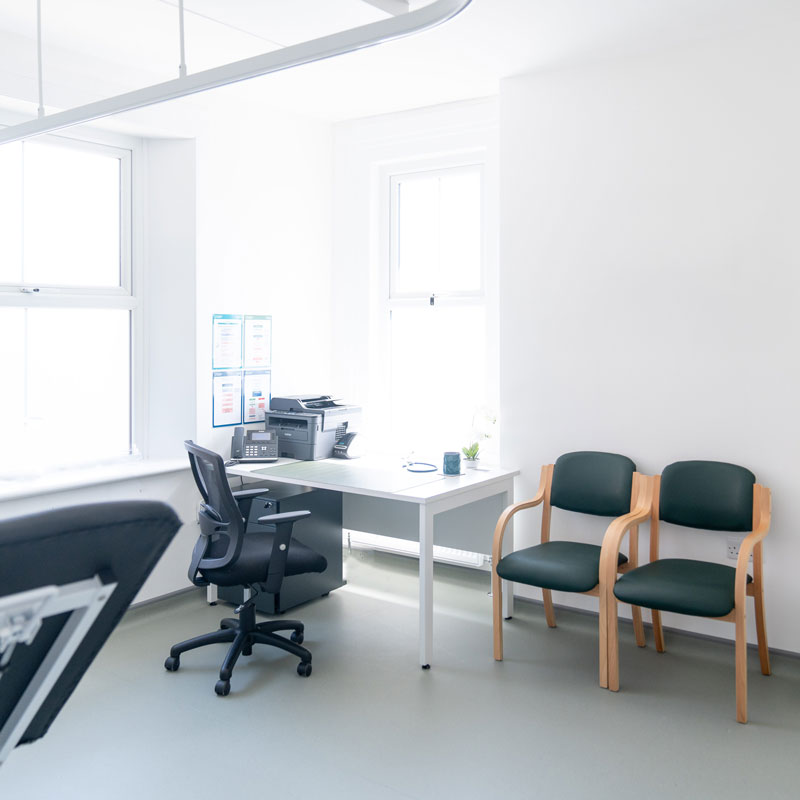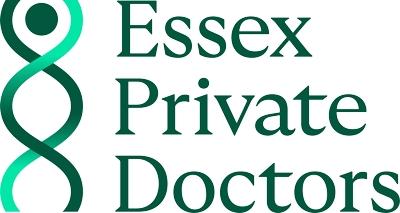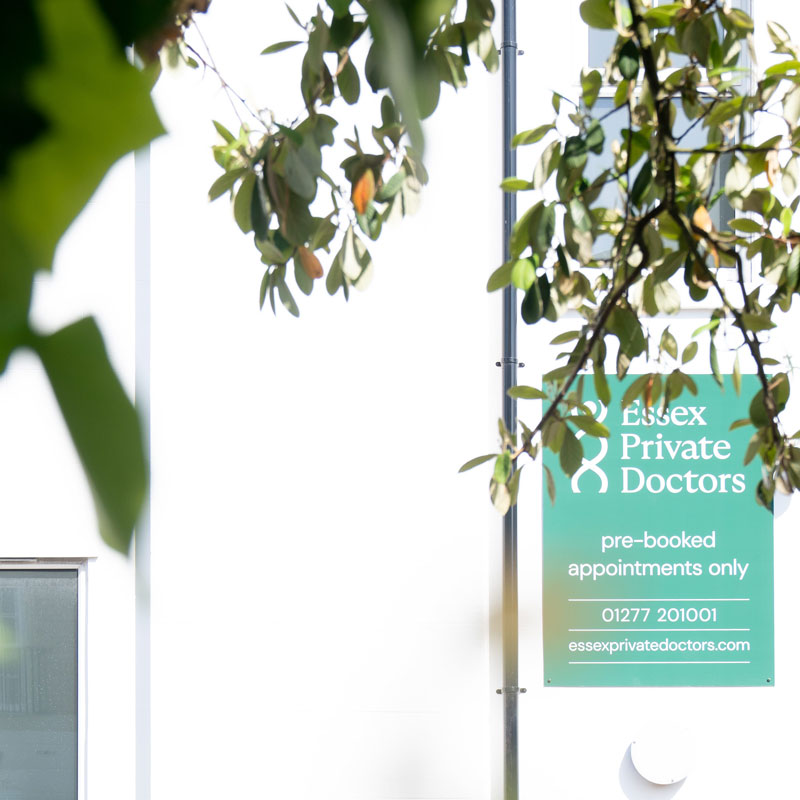BOOK YOUR PRIVATE BLOOD TESTING
Private Blood Testing at your convenience At Essex Private Doctors
Private Blood Testing at your convenience At Essex Private Doctors
Private Blood Testing at your convenience At Essex Private Doctors
Are you struggling with your health
or are not feeling your best? Maybe you’ve been feeling tired all the time, or are concerned you might have a thyroid problem or anaemia? Private blood testing can swiftly help identify what’s going on in your health.

Blood Tests
Blood testing can be a valuable way to gain insight into your health. We do not offer stand-alone testing, but instead, in combination with a thorough consultation. This will enable the correct testing to be selected, and then a plan of action made, based upon the results.
As well as blood tests, we also provide urine and faeces tests, swabs and smear testing.
Consultations are relaxed, strictly confidential and discreet. Samples and swabs are sent immediately to our central London laboratory and results are available rapidly.
We also offer full sexual health screening services.
Are you struggling with feeling tired all the time?
We’re all used to feeling fatigued from time to time, after travelling on a long journey, a particularly stressful week at work, or if we’ve stayed up too late and have young children who get up early.
For some people, however, the tiredness can be persistent throughout the day, and it can really begin to hold them back.
If this is you, we can help. Book a consultation with one of our expert GPs, who can take you through an in-depth look at your health, carry out a thorough examination, and when required, blood tests.
Our test results are rapidly turned around, and then your Doctor will liaise with you about the results, what they mean, and any further action that may need to be taken.
If necessary, appropriate onward referral to specialist care can be arranged, or we can write to your NHS GP with recommendations about your care.
Looking for comprehensive, in-depth assessment of your health? Why not consider having a ‘health MOT’, with our Well Woman or Well Man health checks?

Our lifestyle also plays a big role in how energised we feel.
Being ‘tired all the time’ isn’t normal, and yet many people dismiss it as being just a case of ‘getting older’. Sometimes there may be an underlying medical problem (such as an under-active thyroid, or diabetes) that’s causing the fatigue, but lifestyle also plays a big role.
Drinking too much alcohol in an evening may make you sufficiently tired that you will fall asleep, but then it may lead to wakefulness later into the night.
On the flip side, too much caffeine can lead to feeling both tired and wired.
Exercise is incredibly important to our wellbeing and our recovery, and it positively impacts how we sleep. Contrary to common expectations, exercise is energising if you’re feeling tired, not energy-draining, so get moving – even if you don’t initially feel like it.
Not getting enough good quality sleep leads to fatigue, and many of us fail to achieve enough regular, good-quality sleep. We know from studies that adults need at least 7 hours good-quality sleep, and there is much we can go to ensure a good night’s rest.
Our lifestyle also plays a big role in our energised we feel.

Being significantly under or over-weight will impact our energy levels.
Drinking too much alcohol in an evening may make you sufficiently tired that you will fall asleep, but then it may lead to wakefulness later into the night.
Too much caffeine can lead to feeling both tired and wired.
Exercise is incredibly important in wellbeing and our recovery, and it positively impacts how we sleep.
Not getting enough good quality sleep leads to fatigue, and many of us fail to achieve enough regular, good-quality sleep. We know from studies that adults need at least 7 hours good-quality sleep, and there is much we can go to ensure a good night’s rest.

Waking up tired?
If you’re feeling tired all the time, our experienced GPs can help get to the root cause. Poor sleep is often a factor, and sleep ‘hygiene’ is all about setting yourself up for a great night’s sleep, so you can awaken feeling refreshed.
If you’ve been feeling tired all the time for more than a couple of weeks, book a consultation with one of our expert GPs.



